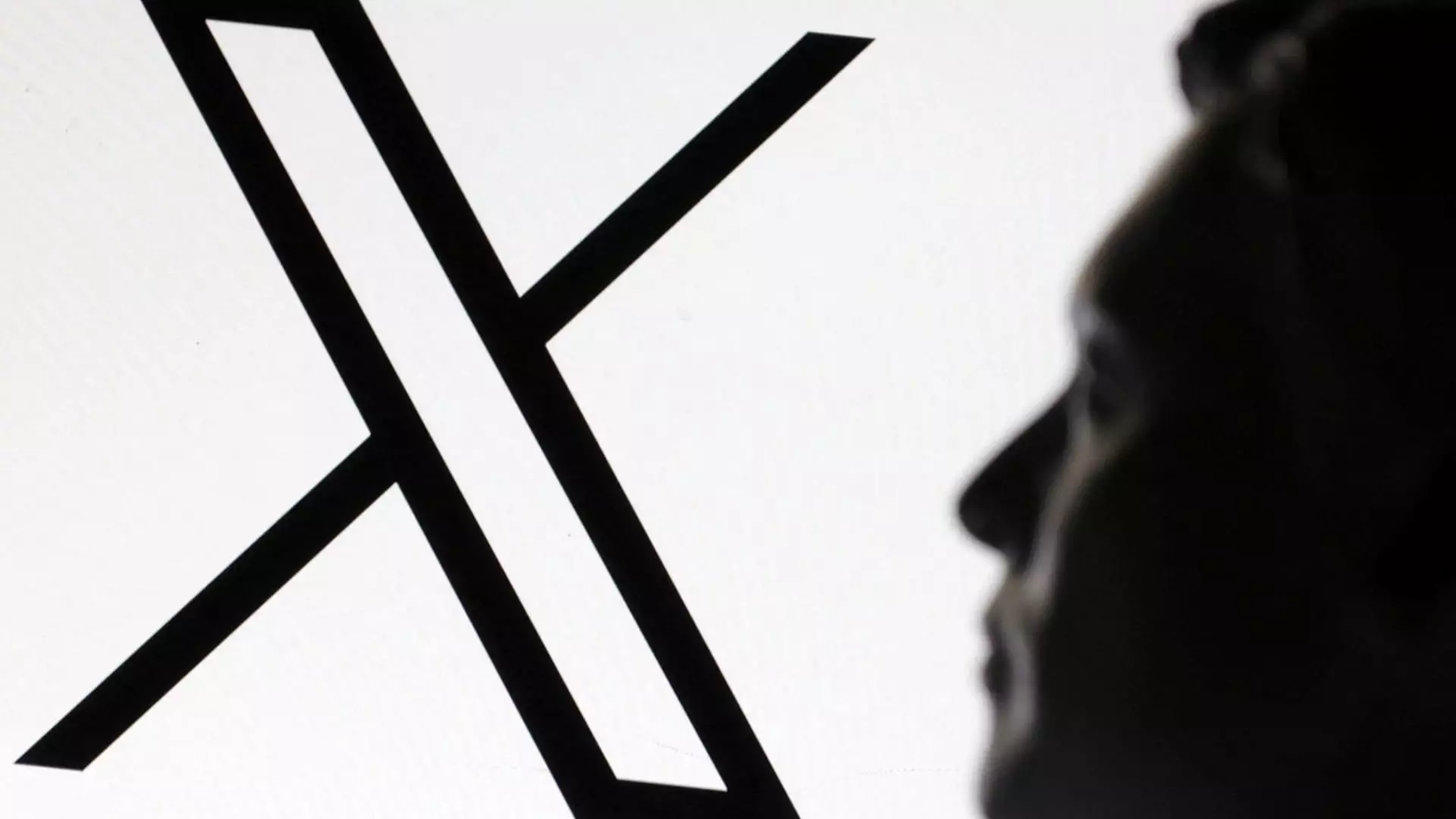In recent developments, tech giant X (formerly known as Twitter) has fiercely rejected French authorities’ criminal investigation into its data practices. This confrontation underscores a broader ideological war over who controls digital spaces and how those spaces should operate within democratic societies. X’s bold stance reflects a conviction that international governments should not dictate how private companies handle user data or algorithmic transparency, especially when such demands threaten free speech. Their refusal to comply with France’s request signals a crucial assertion of digital sovereignty, standing up to regulatory overreach that could set dangerous precedents for online expression globally.
This resistance is not merely about data access; it is fundamentally about defending the principles of an open internet. When a government attempts to scrutinize or manipulate algorithms under the guise of national security or election integrity, it risks diverging into censorship and political suppression. French authorities’ claims, which accuse X of algorithm manipulation and fraudulent data extraction, seem to rest on flimsy grounds, or worse, political motivations aimed at silencing dissenting voices. The platform’s decision not to cooperate highlights the importance of safeguarding digital spaces from interference and control that threaten to undermine the core value of free speech.
Politicization of Regulatory Investigations: A Threat to Fairness
The investigation launched by French authorities appears rife with biases and ulterior motives. X’s narrative suggests that this probe is not about genuine concerns of algorithmic tampering but rather an orchestrated effort to constrain the platform’s operations and influence public discourse. The selection of individuals purportedly overseeing the investigation—researchers with contentious histories and political biases—further fuels suspicions that this is a calculated effort rather than an impartial inquiry. When law enforcement or regulatory bodies involve conflict-of-interest individuals, the legitimacy of their findings is compromised, and their actions risk becoming tools for political censorship.
Moreover, the language used by X underscores a broader issue: how governments may weaponize legal mechanisms to achieve ideological goals. France’s focus on “foreign interference” and “fraudulent data extraction” seems to serve as a pretext for tighter control over digital platforms rather than a genuine concern for election integrity or user safety. Such investigations, if not carefully balanced, could lead to a chilling effect on free speech, especially when companies are intimidated into handing over sensitive data under threat of sanctions. The American tech sector has long warned that overreach might stifle innovation and limit the diversity of voices in the digital arena.
The Power of Public Perception and Corporate Resistance
X’s vocal opposition to France’s demands is emblematic of a broader shift toward corporate activism in defending digital rights. In a landscape where governments grow increasingly aggressive in regulating online spaces, companies are beginning to assert their independence and challenge jurisdictional limits. Elon Musk’s leadership exemplifies how influential tech CEOs are willing to stand their ground, framing these conflicts as battles over fundamental liberties. This stance resonates with millions of users worldwide who believe that private companies must safeguard free expression against encroachments by authorities eager to impose censorship.
The platform’s attack on the impartiality of the investigators, highlighting their alleged biases and political agendas, underscores an essential insight: the integrity of such investigations can never be assumed when they are entangled with personal or ideological vendettas. By consciously choosing not to surrender to French demands, X is prioritizing its users’ rights and emphasizing that digital sovereignty and free speech are foundational principles worth defending at any cost. This resistance sets a precedent that could catalyze other platforms to stand firm against regulatory attempts that threaten open dialogue.
Implications for the Future of Digital Governance
As governments worldwide grapple with controlling the sprawling digital universe, the confrontation between X and French authorities signals a critical juncture. This episode illustrates how state intervention in data and algorithmic transparency can easily drift toward censorship if left unchecked. The potential normalization of such investigations could lead to a future where companies are constantly under surveillance, forced to compromise their independence to appease regulatory authorities.
Freedom of expression is inherently fragile, especially in environments where legal and political pressures seek to impose strict controls on what can or cannot be said online. Firms like X have a responsibility—and arguably a moral obligation—to push back against such overreach. Their resolve not only protects their platform but also serves as a beacon for all digital users who value open dialogue. While governments have the right to regulate, that power must be exercised responsibly, with respect for fundamental rights rather than political expediency.
This ongoing conflict shines a spotlight on the urgent need for clear, balanced frameworks that preserve free speech while addressing legitimate concerns around misinformation or foreign interference. It is a delicate balancing act, but one that should not come at the expense of the core freedoms that underpin democratic societies. As the battle unfolds, the world watches closely: will national authorities understand the importance of digital liberty, or will they attempt to tighten their grip, risking a future where the open internet becomes a battleground for political dominance?


Leave a Reply